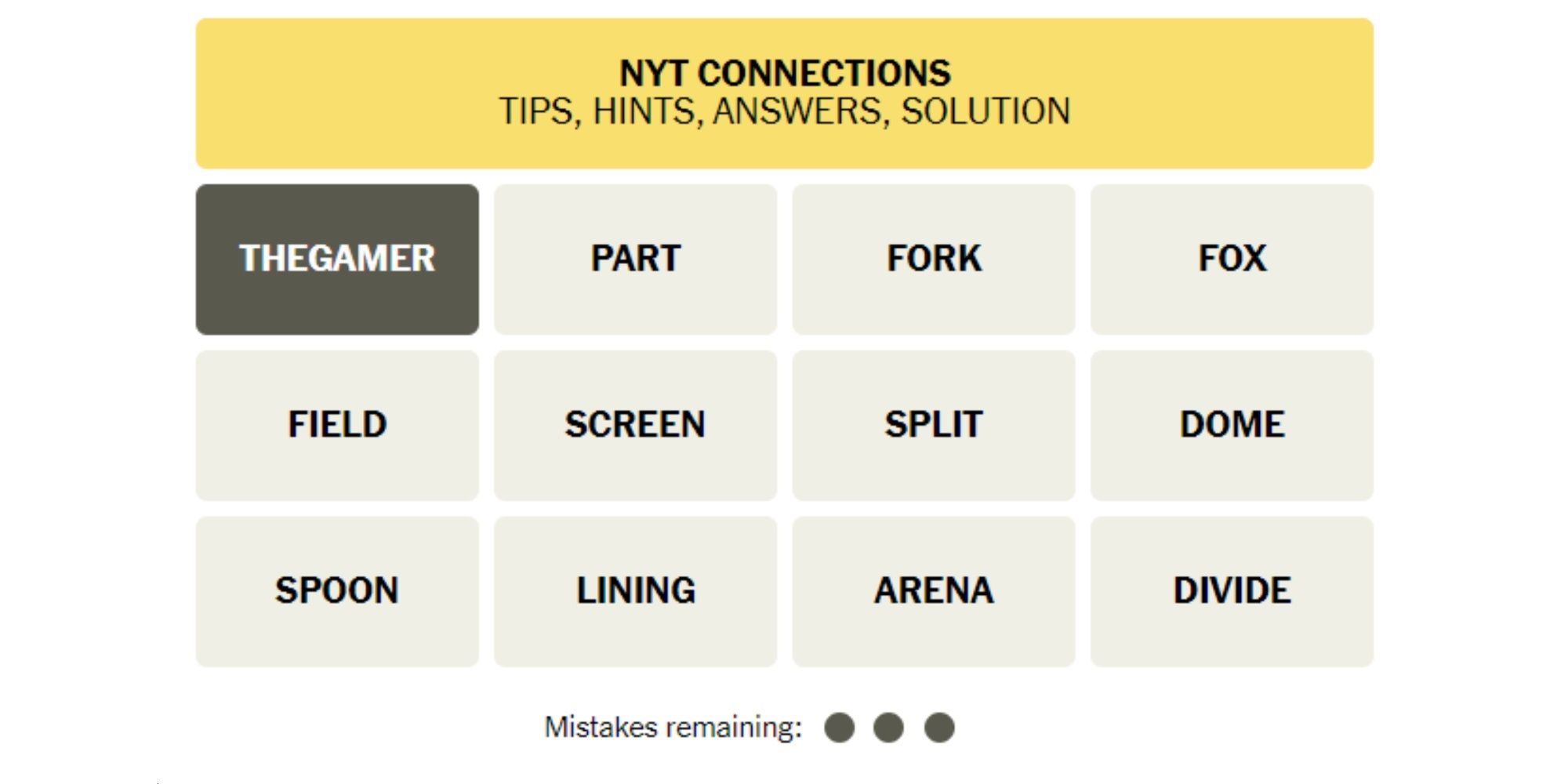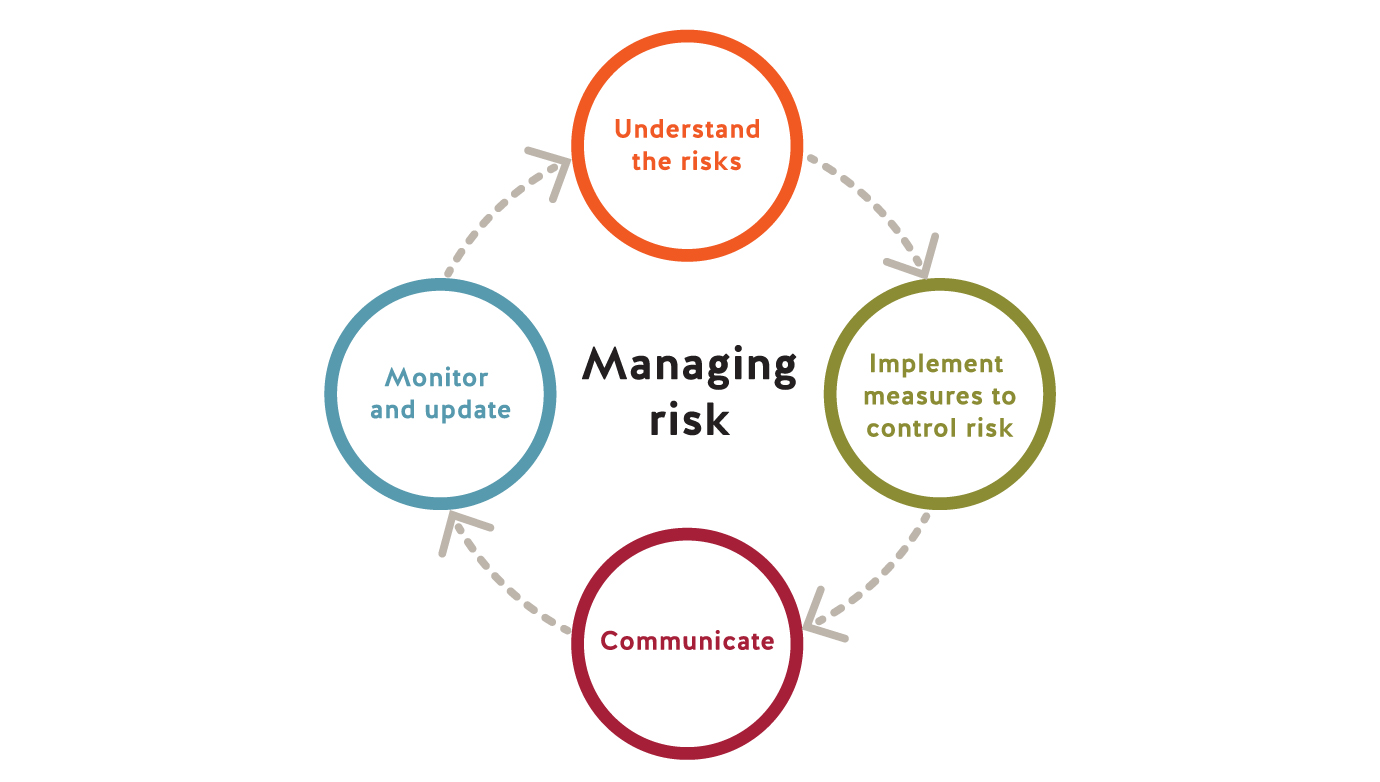Natural ADHD Management: A Comprehensive Guide

Table of Contents
Dietary Strategies for Natural ADHD Management
Nutrition plays a significant role in brain function and can significantly impact ADHD symptoms. By making informed dietary choices, you can help manage hyperactivity, impulsivity, and improve focus naturally.
The Role of Blood Sugar Regulation
Blood sugar fluctuations can dramatically affect energy levels, mood, and focus – all key areas impacted by ADHD. Unstable blood sugar leads to energy crashes and increased irritability, exacerbating ADHD symptoms.
- Stabilizing Foods: Prioritize complex carbohydrates like whole grains (brown rice, quinoa, oats), lean proteins (chicken, fish, beans), and healthy fats (avocado, nuts, olive oil). These provide sustained energy release, preventing those debilitating crashes.
- Foods to Avoid: Minimize or eliminate processed sugars, refined carbohydrates (white bread, pastries), and sugary drinks. These cause rapid spikes and dips in blood sugar, leading to increased hyperactivity and difficulty concentrating.
- Benefits: By regulating blood sugar, you can experience improved focus, reduced hyperactivity, and a more stable mood throughout the day. This forms a crucial part of natural ADHD management.
Eliminating Food Sensitivities
Certain foods can trigger inflammatory responses in some individuals, potentially worsening ADHD symptoms. Identifying and eliminating these sensitivities can be a game-changer.
- Common Sensitivities: Gluten (found in wheat, barley, rye), dairy, and artificial colors/preservatives are frequently implicated.
- Identifying Sensitivities: An elimination diet, where you temporarily remove suspect foods, combined with careful food journaling can help pinpoint triggers.
- Professional Guidance: Working with a doctor or registered dietitian is crucial to safely navigate an elimination diet and ensure you maintain proper nutrition.
Hydration and Nutrient Deficiencies
Dehydration and nutrient deficiencies can significantly impair brain function and exacerbate ADHD symptoms.
- Adequate Hydration: Ensure you're drinking plenty of water throughout the day. Dehydration can lead to fatigue, difficulty concentrating, and mood swings.
- Essential Nutrients: Focus on incorporating foods rich in omega-3 fatty acids (salmon, flaxseeds), iron, zinc, and magnesium, all vital for optimal brain health and natural ADHD management.
Exercise and Physical Activity for ADHD Management
Regular physical activity is a powerful tool in natural ADHD management. It doesn't just improve physical health; it profoundly impacts brain function and mood.
The Benefits of Regular Exercise
Exercise offers numerous benefits for individuals with ADHD.
- Improved Focus: Physical activity enhances blood flow to the brain, improving cognitive function and focus.
- Reduced Hyperactivity: Exercise provides a healthy outlet for excess energy, reducing restlessness and impulsivity.
- Mood Boost: Exercise stimulates the release of endorphins, natural mood elevators that combat anxiety and depression often associated with ADHD.
- Recommended Exercise: Aim for a combination of cardiovascular exercise (running, swimming, cycling), strength training, and activities you enjoy. Consistency is key – even short bursts of activity throughout the day can be beneficial.
Mind-Body Practices
Mind-body practices offer a unique approach to natural ADHD management, combining physical activity with mental focus.
- Yoga, Tai Chi, and Qigong: These practices promote relaxation, improve body awareness, and enhance focus through mindful movement and breathing techniques. They also help reduce anxiety and improve sleep quality.
- Finding Resources: Numerous online resources and local studios offer classes for all levels.
Supplements and Natural Remedies for ADHD
While supplements shouldn't replace medical treatment, some can support natural ADHD management when used under professional guidance.
Omega-3 Fatty Acids
Omega-3s are essential fatty acids crucial for brain health and function.
- Sources: Fish oil, flaxseed oil, and chia seeds are excellent sources of omega-3s, particularly EPA and DHA, vital for brain development and function.
- Dosage: Consult your doctor to determine the appropriate dosage for your individual needs.
- Important Note: Always consult a doctor before starting any new supplement.
Other Beneficial Supplements
Other supplements may offer supporting benefits, but always under medical supervision.
- Magnesium: May help improve mood, reduce anxiety, and promote better sleep.
- Zinc: Plays a crucial role in brain development and cognitive function.
- B Vitamins: Essential for energy production and overall brain health.
- Important Note: Consult your healthcare professional before taking any supplements, as they can interact with medications or have potential side effects.
Mindfulness and Cognitive Behavioral Techniques
Mindfulness and cognitive behavioral therapy (CBT) offer powerful tools for managing ADHD symptoms naturally.
Mindfulness Meditation
Mindfulness helps cultivate present moment awareness, improving focus and reducing impulsivity.
- Techniques: Guided meditation apps (like Headspace or Calm) and mindful breathing exercises are excellent starting points. Even a few minutes a day can make a difference.
- Resources: Numerous online resources and courses provide guidance on mindfulness practices.
Cognitive Behavioral Therapy (CBT)
CBT teaches individuals to identify and change negative thought patterns and behaviors that contribute to ADHD symptoms.
- Principles: CBT focuses on developing coping mechanisms and strategies for managing challenges associated with ADHD.
- Professional Help: CBT is best implemented under the guidance of a qualified therapist.
Conclusion
Natural ADHD management is a multifaceted approach involving dietary adjustments, regular exercise, mindful practices, and potentially, select supplements under medical supervision. By incorporating these strategies, you can improve focus, reduce hyperactivity, and enhance your overall well-being. Remember that consistency is key. Start your journey towards natural ADHD management today! Schedule a consultation with your doctor or a healthcare professional to discuss a personalized plan that addresses your unique needs and integrates these natural methods safely and effectively.

Featured Posts
-
 Louisville Under Shelter In Place Order Honoring The Victims
Apr 29, 2025
Louisville Under Shelter In Place Order Honoring The Victims
Apr 29, 2025 -
 Nyt Strands Today April 1 2025 Clues Hints And Solutions
Apr 29, 2025
Nyt Strands Today April 1 2025 Clues Hints And Solutions
Apr 29, 2025 -
 Assessing The Risks Europes Concerns Over Russias Military Moves
Apr 29, 2025
Assessing The Risks Europes Concerns Over Russias Military Moves
Apr 29, 2025 -
 Natural Gas Leak Prompts Downtown Louisville Evacuations
Apr 29, 2025
Natural Gas Leak Prompts Downtown Louisville Evacuations
Apr 29, 2025 -
 Czy Porsche Cayenne Gts Coupe Spelnia Oczekiwania Test Drogowy
Apr 29, 2025
Czy Porsche Cayenne Gts Coupe Spelnia Oczekiwania Test Drogowy
Apr 29, 2025
